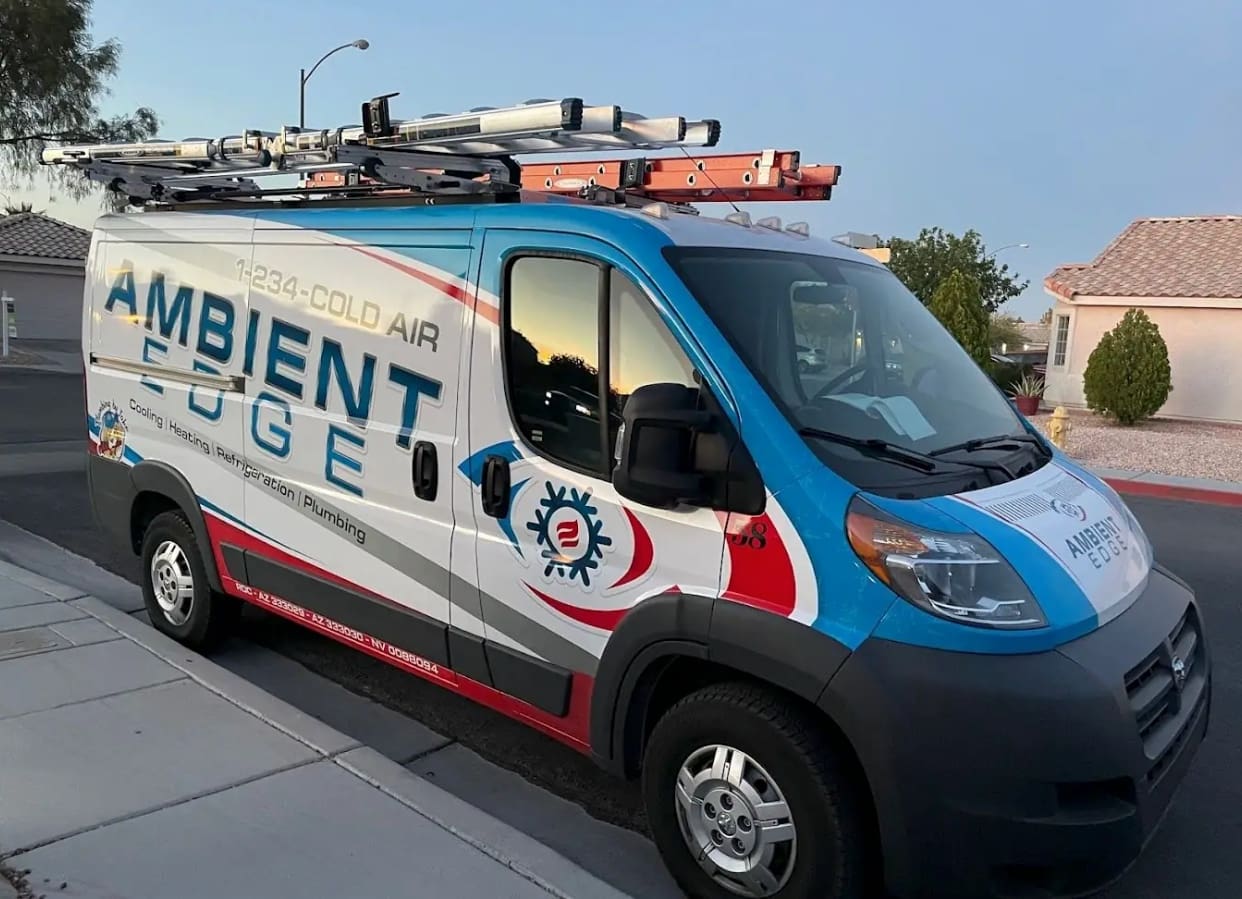Hard water, soft water…what’s the difference? Is one safer to drink or bathe in than the other? And how do different types of water affect your plumbing? Keep reading for more information on the differences between hard and soft water.
If you suspect the kind of water you have in your house is causing you plumbing issues, give our technicians at Ambient Edge a call. We can diagnose the problem and help you take steps to fix it.
Soft Water
The best way to explain the difference between hard and soft water is to explain first what soft water is. Soft water is water that is untouched by chemicals, like rainwater. Rainwater is “soft” water when it hits the ground, but as it travels and picks up various chemicals and minerals, the rainwater then becomes “hard water.”
Interestingly, whether you have “hard” or “soft” water in your home depends largely on where you live and how it’s measured. For instance, in the U.K., any home that has over 50 mg/l of calcium carbonate in its water has “hard” water.
Here in the U.S., however, you only have “soft” water if there is less than 60 mg/l of calcium carbonate in your water supply. Most states within the U.S. have hard water, therefore most people in the U.S. need to apply water softening treatments to their water.
Soft water also has a salty taste, and it is not suitable for drinking in that it can actually cause heart or circulatory problems (while hard water may prevent them). Yet people are often “softening” their water. Why is that, you may wonder? Keep reading.
Hard Water
Because hard water has picked up the minerals and chemicals that give it its chemical makeup, people often prefer the taste of it and believe it to be healthier than soft water. However, hard water can do a number on your plumbing, which is why people take steps to “soften” it.
Here are some of the negative effects hard water can have on your quality of life:
- It makes your freshly washed clothes look dingy and dull.
- It leaves a spotty residue on your dishes.
- It causes your clean hair to look dull and feel sticky.
- It reduces the efficacy of soap, due to the soap’s reaction to the excess magnesium and calcium in the water.
- It causes mineral buildup in your appliances, which makes them less energy efficient as they work harder to operate at a normal level.
- It leaves a filmy residue in your bathtub.
- It can cause an increase in eczema, especially in children.
So, as you can see, hard water has its cons. And over time, hard water can be an absolute nightmare for your pipes and appliances (and, ultimately, your budget).
Testing Your Water’s Hardness
There are a few ways you can test your water to find out whether you have hard or soft water in your home.
Bathroom Fixtures
The quickest way to tell if you have hard water is to look at the fixtures in your bathroom. If they are caked with a white deposit, then this is almost certainly evidence of hard water due to the buildup of calcium and magnesium on the chrome. Be aware that these minerals can build up in your pipes, leading to plumbing problems later on.
Bottle Test
Another thing you can do is the bottle test. Fill a clean, empty plastic bottle about halfway with water, then add about five drops of dishwashing liquid. Cap the bottle and shake it vigorously. You should see bubbles to start to form. If the foam sticks around for a while, then you have soft water. If, however, the bubbles quickly dissipate, then your water is hard.
Water Test Kit
Of course, there is always the tried and true official water test kit. You can get a water test kit online or at your local hardware store. It’s pretty easy to use a water test kit. Simply fill the vial with water, add a drop of the solution, then shake the vial for about 10 seconds.
Keep adding drops until you have a half-inch of bubbles. Each drop you use equals about one grain of hardness. If you use more than three drops, then you may want to consider a water treatment plan.
Is Hard Water Giving You a Headache? Call Ambient Edge!
Hard water can wreak havoc on your plumbing. You can head it off by treating your water before the real problems start. Or, if you are already experiencing a plumbing issue, Ambient Edge can help. Call us or fill out the contact form on our website, and we will schedule a service call that works best for your schedule. Don’t let hard water get you down – call Ambient Edge today!


